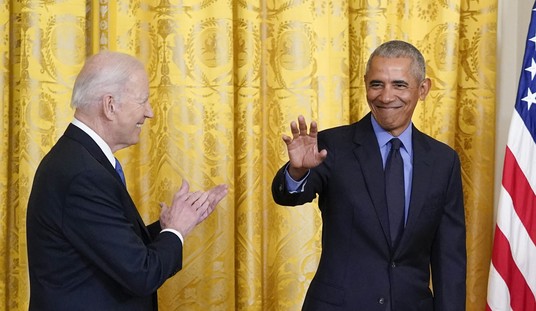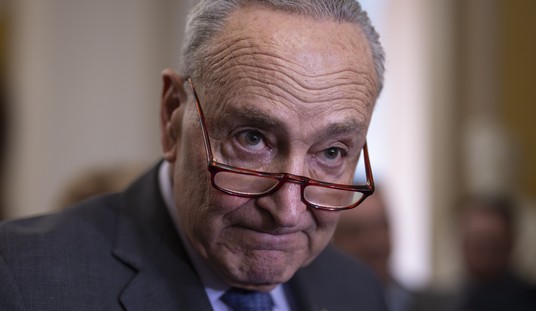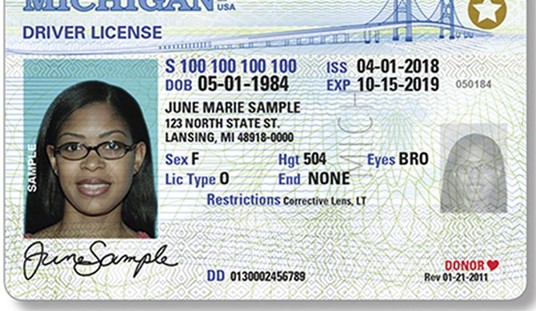Sprint’s Chairman, Masayoshi Son, is coming to Washington to explain how wireless competition in the US would be improved if only there were less of it.
After buying Sprint last year for $21.6 billion, he has floated plans to buy T-Mobile. When antitrust officials voiced their concerns about the proposed plan’s potential impact on wireless competition, Son decided to respond with an unusual strategy that goes something like this: The US wireless market isn’t competitive enough, so policymakers need to approve the merger of the third and fourth largest wireless companies in order to improve competition, because going from four nationwide wireless companies to three will make things even more competitive. Got it? Me neither.
An argument like that takes nerve, especially now. When AT&T attempted to buy T-Mobile a few years ago, Sprint led the charge against it, arguing vociferously that permitting the market to consolidate from four to only three nationwide wireless companies would harm innovation and wireless competition. After the Administration blocked the merger, T-Mobile rebounded in the marketplace, which immediately made it the poster child for the Administration’s antitrust policies.
It also makes Son’s plan a non-starter. Allowing Sprint to buy T-Mobile three years after telling AT&T it could not would take incredible regulatory nerve. It would be hard to convince anyone that such an immediate about face in favor of the company that fought the previous merger the hardest isn’t motivated by a desire to pick winners in losers in the marketplace or even outright cronyism. That would be true in almost any circumstance, but is doubly true now that T-Mobile is flourishing. It’s hard to swallow the idea that it would harm competition if a nationwide wireless company were to buy T-Mobile — unless the purchaser is Sprint.
The special irony here is that Son has built his reputation on a knack for relentless innovation. When he bought Sprint, he expressed confidence that Sprint would become the number 1 company in the world. But, a year later, it is T-Mobile that is rebounding in the marketplace, even though T-Mobile has fewer customers than Sprint and less spectrum than Sprint. Buying into T-Mobile’s success now wouldn’t improve Son’s reputation for innovation, but it would double down on his confidence. I expect US regulators will want to see how he does with Sprint before betting the wireless competition farm on a prodigal Son.













Join the conversation as a VIP Member